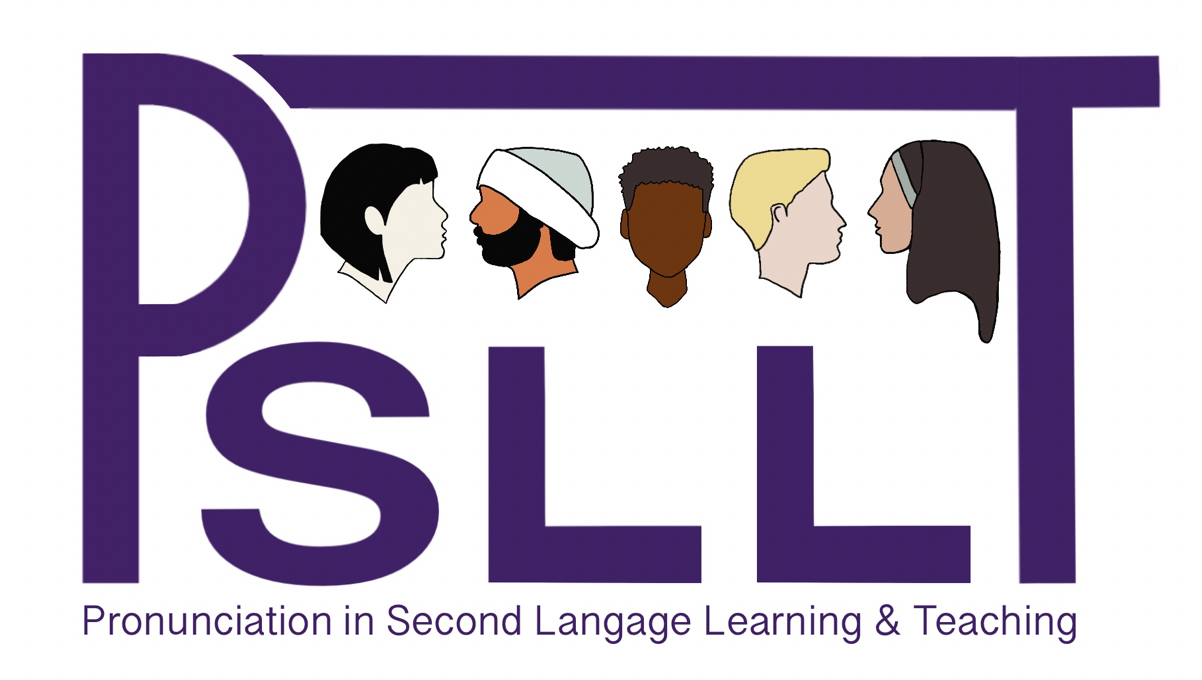Phonetic Flooding: Immersing L2 Mandarin Learners in Tone Minimal Pairs with Ambiguous Context to Force Noticing and Enhance Lexical Encoding of Tone
Abstract
L2 learners perceive and produce tones with above-average accuracy (Hao, 2012) but still demonstrate difficulties in recognizing words due to toneless word representations in their mental lexicon (Pelzl, Lau, Guo, & Dekeyser, 2020). L2 learners appear to rely on the interpretability of “toneless words” through semantic or grammatical contexts (Patel, Xu, & Wang, 2010). To promote lexical tone encoding, in this Teaching Tip, beginning L2 Mandarin learners are completely immersed early on in tone minimal pairs (e.g., hua1 flower : hua4 picture; song1shu3 squirrel : song1shu4 pine tree). Input is flooded with tone minimal pairs or quadruples of common words with similar frequencies and identical grammatical categories, while simultaneously reducing or completely eliminating contextual clues. This approach forces learners to focus on tones to understand meaning where successful accomplishment of tasks hinges on target-like tones (Gatbonton & Segalowitz, 1988). Furthermore, the input features High Variability Phonetic Training (e.g., phonetic environment, multiple speakers, Logan, Lively, & Pisoni, 1991) and contextual variation (passages vs words/minimal pairs, Labov, 1972). Listening activities include modified children’s games and TPR, while production activities feature games, information gaps, and more, centered on tone minimal pairs/quadruples. These activities are scaffolded with explicit instruction about pitch height, pitch direction, and secondary cues (e.g., length).
Keywords: tone, lexical encoding, pronunciation pedagogy, repetition with meaning, tone minimal pairs/quadruples
How to Cite:
Schaefer, V., Sung, H., & Zhang, A. (2023) Phonetic flooding: Immersing L2 Mandarin learners in tone minimal pairs with ambiguous context to force noticing and enhance lexical encoding of tone. In R. I. Thomson, T. M. Derwing, J. M. Levis, & K. Hiebert (Eds.), Proceedings of the 13th Pronunciation in Second Language Learning and Teaching Conference, held June 2022 at Brock University, St. Catharines, ON. doi: https://doi.org/10.31274/psllt.15706
Rights:
Downloads:
Download PDF
View PDF
470 Views
109 Downloads

